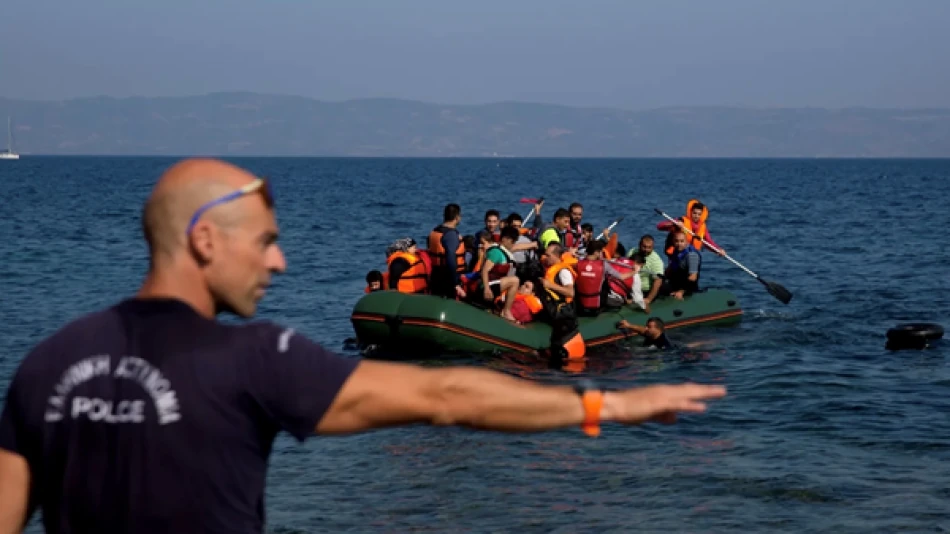
Migrant Boat Reaches Portugal, Sparking Humanitarian Concerns
Portugal Emerges as New Atlantic Gateway for African Migrants Seeking European Haven
A wooden boat carrying 38 migrants, including seven children, has reached Portugal's southern coast after a grueling six-day Atlantic crossing from North Africa—highlighting a dangerous new migration route that bypasses traditional Mediterranean pathways. The arrival signals a potential shift in migration patterns as desperate travelers seek alternatives to increasingly monitored routes through Italy, Spain, and Greece.
Dangerous Atlantic Crossing Reveals New Migration Strategy
The vessel, carrying 25 men, six women, and seven children, landed near Vila do Bispo in Portugal's southernmost Algarve region on Friday evening around 8:00 PM local time. Portuguese authorities reported that the migrants arrived in a severely weakened state, showing clear signs of dehydration and hypothermia after their extended ocean voyage. Ten individuals required immediate hospitalization.
While authorities have not disclosed the passengers' nationalities or exact departure point, public broadcaster RTP confirmed the journey lasted six days—a testament to both the desperation driving these crossings and the extreme risks migrants are willing to take for a chance at European asylum.
Atlantic Route: A Risky Alternative to Mediterranean Channels
This incident represents a notable departure from established migration patterns. For years, hundreds of thousands of migrants have crossed the Mediterranean to reach southern European shores, primarily targeting Italy, Spain, and Greece. Portugal, positioned on Europe's Atlantic coast, has remained largely outside these traditional corridors.
The emergence of Portugal as a destination suggests migrants and smuggling networks are adapting to increased surveillance and border controls along conventional Mediterranean routes. The Atlantic crossing, while potentially less monitored, presents far greater dangers due to rougher seas, longer distances, and exposure to harsh ocean conditions.
Strategic Implications for European Migration Policy
Portugal's unexpected role as a migration entry point could complicate European Union border management strategies. Unlike Mediterranean routes where coordinated naval patrols and agreements with North African countries have been established, the Atlantic approach presents new logistical and diplomatic challenges.
The development also raises questions about Portugal's preparedness for handling irregular arrivals. While countries like Italy and Greece have developed extensive infrastructure and protocols for processing migrants, Portugal's Atlantic coast lacks similar resources, potentially straining local emergency services and immigration systems.
Broader Context of African Migration Pressures
This Atlantic crossing reflects persistent migration pressures from Africa, where economic instability, conflict, and climate change continue driving people toward Europe. As traditional routes become more dangerous or heavily patrolled, migrants and smugglers inevitably seek new pathways—often with devastating human costs.
The fact that families with young children are attempting such perilous ocean crossings underscores the desperation behind these journeys. The presence of seven children among the 38 passengers highlights how entire families are gambling their lives on reaching European shores, regardless of the route's dangers.
Most Viewed News

 Layla Al Mansoori
Layla Al Mansoori






